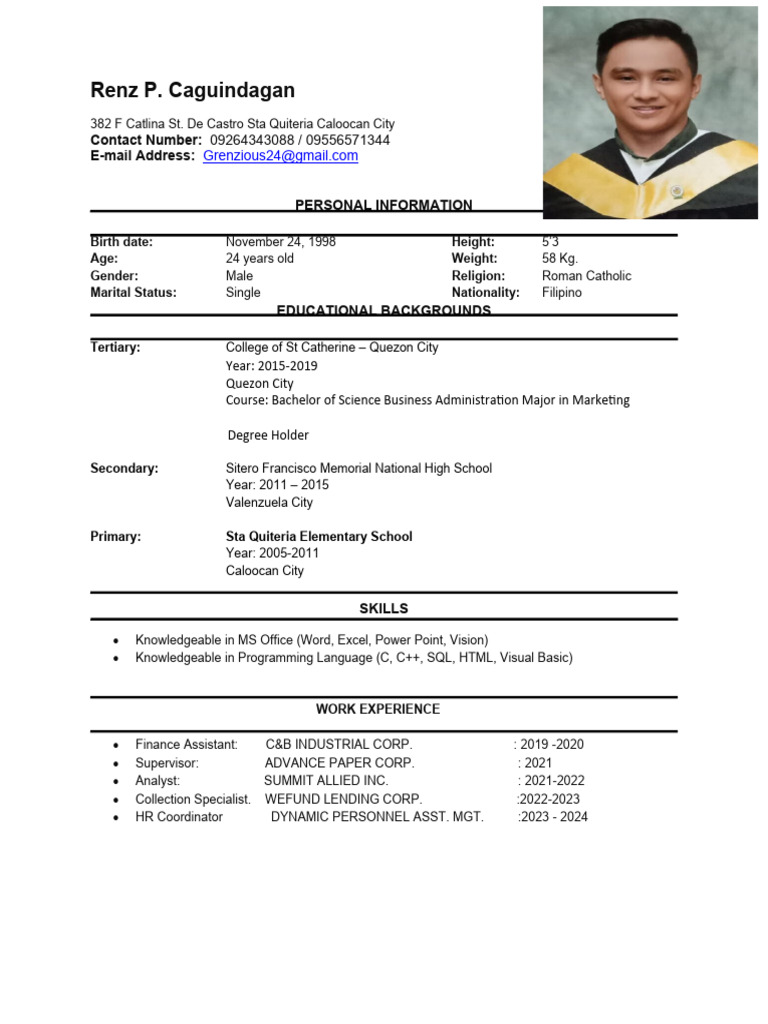Enterprise Times UK: Latest Insights & Trends

In the ever-evolving landscape of enterprise technology, staying ahead of the curve is not just an advantage—it’s a necessity. As businesses grapple with digital transformation, sustainability mandates, and the relentless pace of innovation, the latest insights and trends from the UK’s enterprise sector reveal both challenges and opportunities. From AI-driven automation to the rise of hybrid work models, here’s a deep dive into what’s shaping the future of enterprise in the UK.
The AI Revolution: Transforming Operations and Decision-Making

Artificial Intelligence (AI) is no longer a futuristic concept—it’s a present-day reality reshaping how enterprises operate. According to a recent report by McKinsey, 50% of UK businesses have already integrated AI into their operations, with a focus on enhancing efficiency and decision-making. From predictive analytics to natural language processing, AI is unlocking new possibilities.
Key Takeaway: Enterprises that fail to adopt AI risk falling behind. However, successful implementation requires a clear strategy, skilled workforce, and ethical considerations to mitigate risks like bias and data privacy concerns.
Hybrid Work Models: The New Normal

The pandemic accelerated the shift to remote work, but the future lies in hybrid models. A survey by Microsoft found that 73% of UK workers prefer flexible working arrangements. This trend is forcing enterprises to rethink office spaces, collaboration tools, and employee engagement strategies.
Pros of Hybrid Work:
- Increased employee satisfaction and retention
- Reduced overhead costs from smaller office footprints
- Access to a global talent pool
Cons of Hybrid Work:
- Challenges in maintaining company culture
- Potential for communication gaps
- Need for robust cybersecurity measures
Sustainability: From Mandate to Competitive Advantage
With the UK government’s commitment to achieving net-zero emissions by 2050, sustainability is no longer optional for enterprises. Companies are increasingly integrating ESG (Environmental, Social, and Governance) criteria into their strategies, not just to comply with regulations but to gain a competitive edge.
Steps to Achieve Sustainability Goals:
- Conduct a carbon footprint assessment
- Invest in renewable energy sources
- Implement circular economy practices
- Engage stakeholders in sustainability initiatives
Cybersecurity: A Growing Imperative
As digital transformation accelerates, so does the threat landscape. Cyberattacks cost UK businesses an estimated £27 billion annually, according to Cybersecurity Ventures. Enterprises are responding by investing in advanced threat detection systems, employee training, and robust incident response plans.
"In the digital age, cybersecurity is not just an IT issue—it’s a business issue. Boards must prioritize it as a strategic imperative," says Sarah Johnson, Chief Information Security Officer at a leading UK fintech firm.
The Rise of Low-Code/No-Code Platforms

Low-code and no-code platforms are democratizing software development, enabling non-technical employees to build applications. This trend is particularly significant in the UK, where a skills gap in traditional coding persists. Gartner predicts that by 2024, 65% of application development will be low-code.
| Benefits of Low-Code/No-Code | Challenges |
|---|---|
| Faster time-to-market | Potential for shadow IT |
| Reduced reliance on IT departments | Limited customization options |
| Empowerment of citizen developers | Security and compliance risks |

Future Trends: What’s on the Horizon?
Quantum Computing:
While still in its infancy, quantum computing promises to revolutionize industries by solving complex problems at unprecedented speeds. UK enterprises are beginning to explore partnerships with quantum computing firms to stay ahead.
Edge Computing:
As IoT devices proliferate, edge computing is becoming critical for reducing latency and processing data closer to its source. This trend is particularly relevant for industries like manufacturing and healthcare.
Blockchain Beyond Cryptocurrency:
Blockchain technology is finding applications in supply chain management, digital identity verification, and more. UK enterprises are experimenting with blockchain to enhance transparency and security.
How can UK enterprises effectively integrate AI into their operations?
+Successful AI integration requires a clear strategy, investment in employee training, and ethical considerations to address biases and privacy concerns. Start with pilot projects and scale gradually.
What are the key challenges of implementing hybrid work models?
+Challenges include maintaining company culture, ensuring effective communication, and addressing cybersecurity risks. Enterprises must invest in collaboration tools and clear policies.
How can businesses measure their sustainability impact?
+Businesses can measure sustainability impact through carbon footprint assessments, energy consumption metrics, and ESG reporting frameworks like GRI (Global Reporting Initiative).
What role does employee training play in cybersecurity?
+Employee training is critical in reducing human error, which accounts for 95% of cybersecurity breaches. Regular training sessions on phishing, password hygiene, and incident reporting are essential.
How can low-code/no-code platforms benefit small businesses?
+Low-code/no-code platforms enable small businesses to develop custom applications quickly and cost-effectively, without needing extensive technical expertise.
Final Thought: The UK enterprise landscape is at a pivotal moment, driven by technological innovation, shifting work paradigms, and sustainability imperatives. Enterprises that adapt proactively, invest in the right technologies, and prioritize ethical practices will not only survive but thrive in this dynamic environment.

